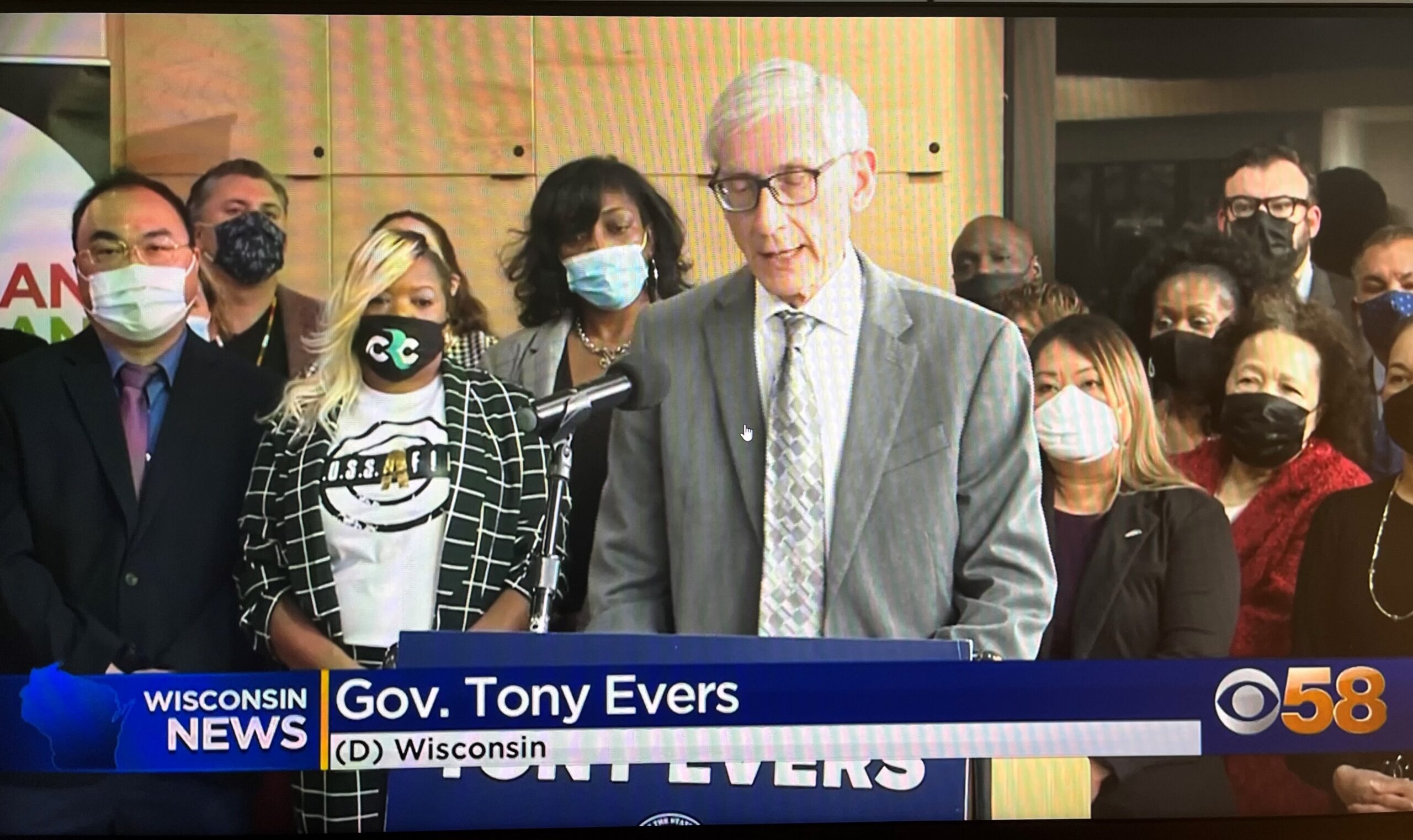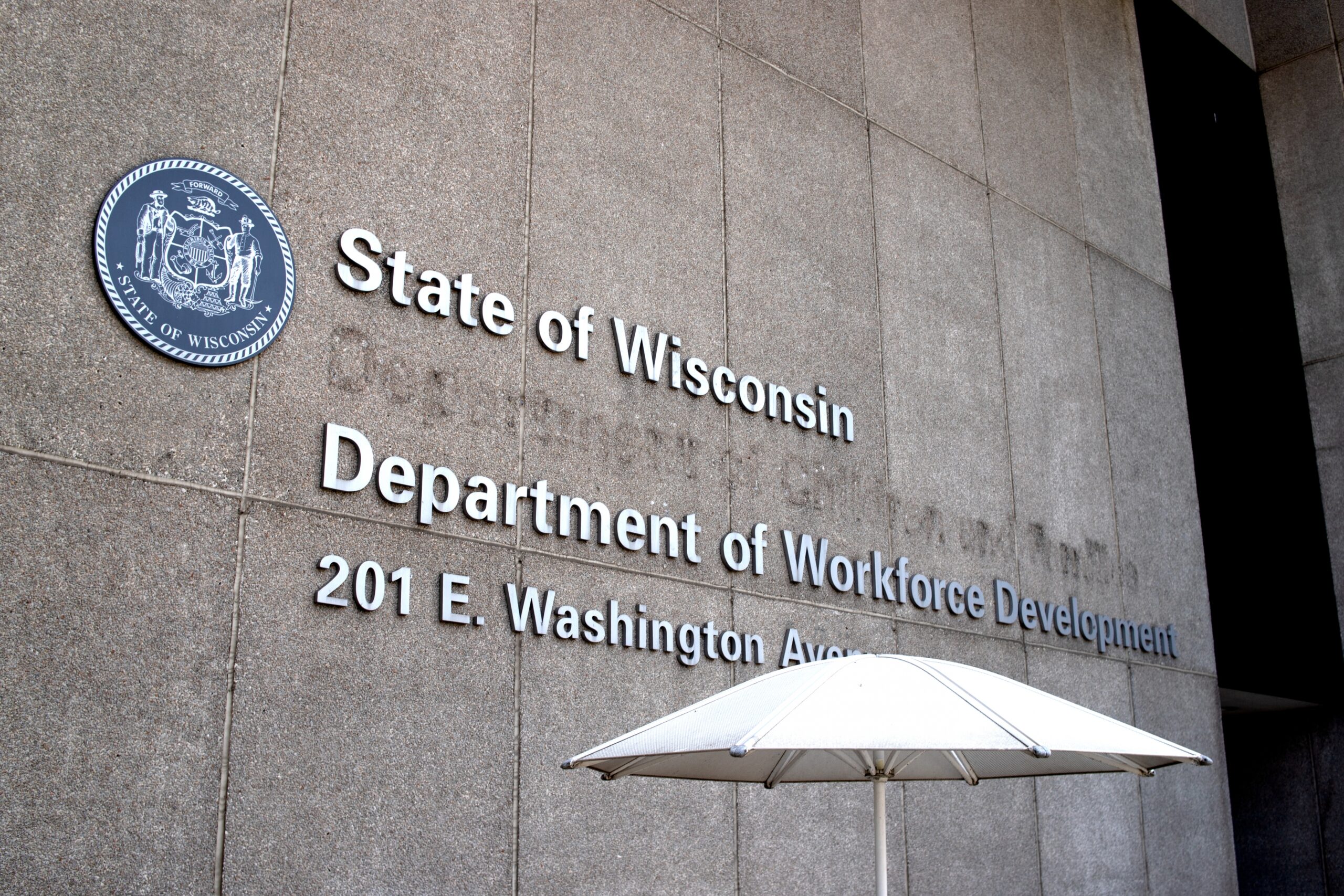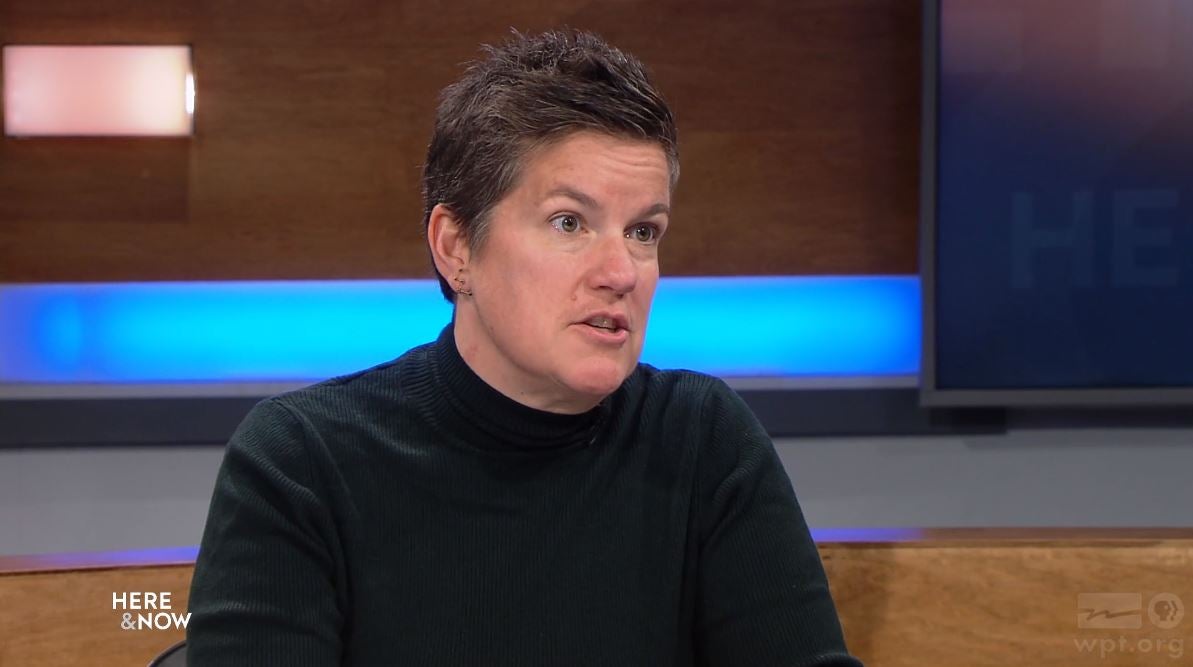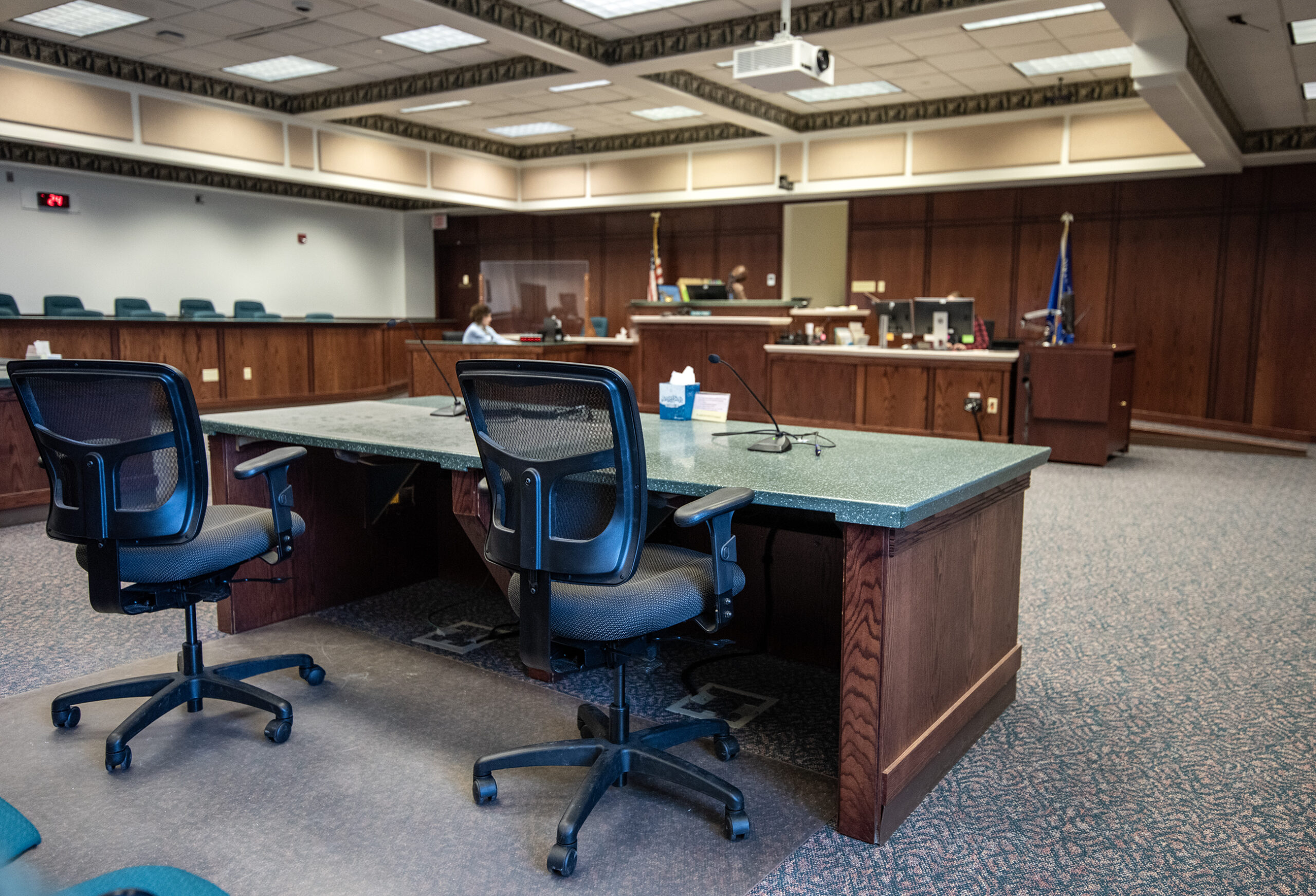The owner of a Milwaukee nonprofit has 45 days pay back nearly $800,000 in COVID relief funds after the Evers administration determined the money was not spent on eligible expenses.
Cynthia Brown’s company, CRC Employment and Entrepreneurial Services, was awarded nearly $3 million under the American Rescue Plan Act as part of the Diverse Business Assistance Grant program created by Gov. Tony Evers in 2021.
Brown received the first $1 million in August 2022. She spent the entirety of the money by December of that year, according to documents obtained by Wisconsin Public Radio.
News with a little more humanity
WPR’s “Wisconsin Today” newsletter keeps you connected to the state you love without feeling overwhelmed. No paywall. No agenda. No corporate filter.
Among the purchases Brown made with public funds were a bowling party that cost more than $2,000 and, for $625, four-foot-tall lettering spelling out B-O-S-S.
Records show she also paid herself and family members. And she paid nearly $7,000 to state Sen. Lena Taylor, D-Milwaukee, who works as an attorney, for legal fees. Taylor denied ever receiving that payment.
The Department of Administration suspended Brown’s contract and began an audit in April when it was unable to verify Brown’s expenses met the grant criteria.
On Oct. 31, the DOA sent Brown and her attorney, Timothy Baldwin with JB Enterprises, a letter saying the contract had officially been terminated and funds would need to be paid back.
The letter stated that only 26 percent, or $205,247, of the $1 million Brown spent had adequate supporting documentation.
“At least $794,752.10 currently does not have enough supporting documentation to conclude that expenses were potentially eligible under the Grant Agreement,” the letter states.
Baldwin said the findings are untrue.
“We dispute the findings of the Department of Administration and will exhaust all administrative remedies until this matter is reviewed by a court of law, if necessary,” Baldwin said in an email to WPR Tuesday.
DOA officials said the documentation Brown has provided the state is “deficient in a number of ways.” The letter gives examples of how Brown’s documents don’t provide specific vendors where money was spent, justify how salaries or bonuses were calculated or account for how conflicts of interest were avoided.
In her 12-page application for the COVID relief funds, Brown said she planned to use the $2.95 million to “close the educational and technical assistance gap for 500 diverse businesses in the areas of administrative support, soft skills, networking, and financial literacy to both new and established business owners in underserved communities of Wisconsin.”
But a review of her expenses by WPR and Wisconsin Watch in September found Brown spent $215,000 on a building. She paid herself $117,627, spent other money to pay her sons and husband, and covered expenses like cell phone bills and fast food.
At the time, Brown’s attorney said, “It is not uncommon during an audit proceeding for information to be updated and for businesses to update their accounting records. Once the financial review is complete you should have all the fact-finding you need to write your story.”
DOA has said Brown’s contract is the only one that has been suspended, but it plans to monitor all Diversity Business Assistance Grant recipients by the end of the year.
Brown’s case highlights the challenges state departments faced in distributing an unprecedented amount of federal aid during the COVID-19 pandemic and the fact that, even years after many state grants were offered, policymakers and state officials are still trying to track down where some of the money went.
Wisconsin Public Radio, © Copyright 2026, Board of Regents of the University of Wisconsin System and Wisconsin Educational Communications Board.







